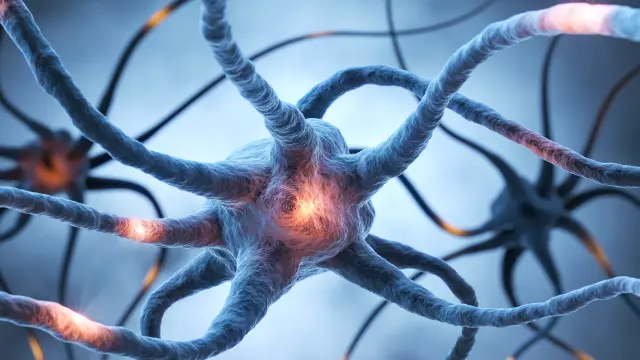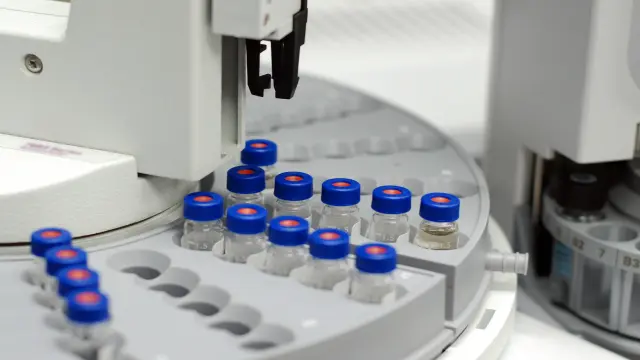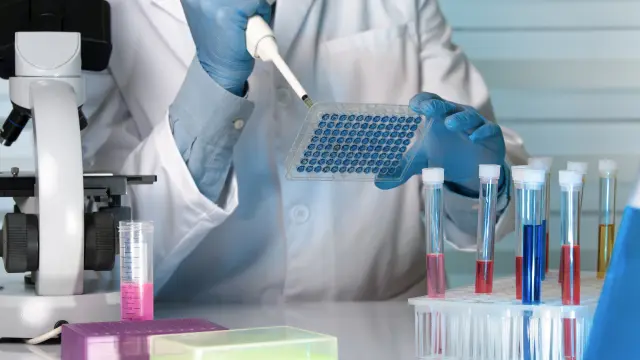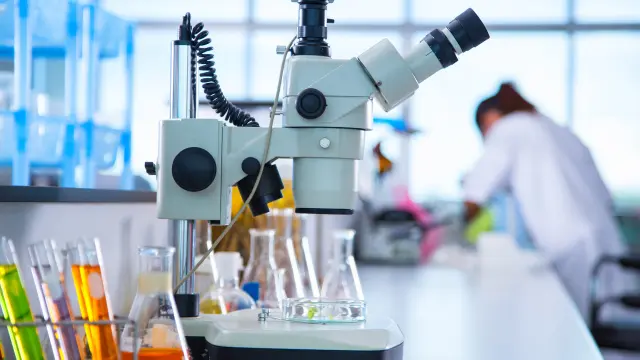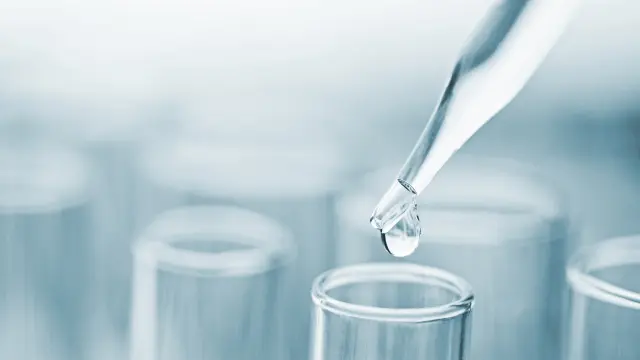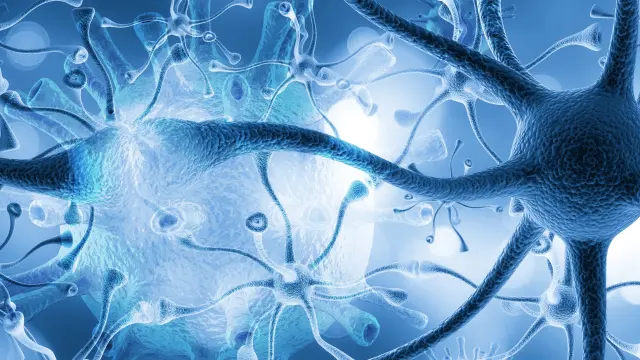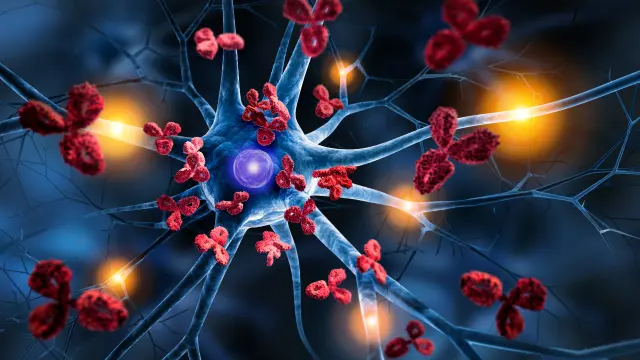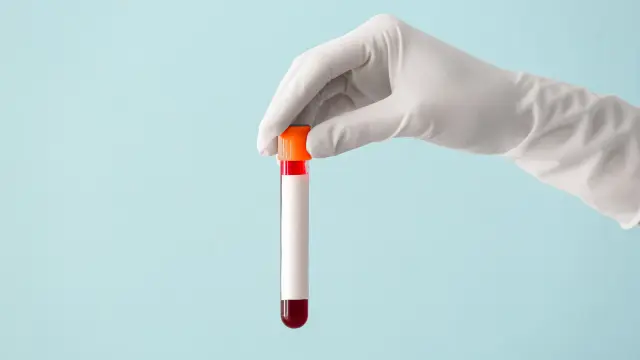Which Toxicology Services Do You Offer?
Toxicology (Tox) Analysis Services by NorthEast BioLab
NorthEast BioLab provides bioanalysis and pharmacokinetic/toxicokinetic analysis services from early drug discovery through clinical IND/BLA submission and beyond.
Bioanalysis: PK/TK analysis
We offer end-to-end PK/TK analysis services, such as method development, validation, and sample analysis of your formulation and biological samples for test articles, drugs, and metabolites. As needed, our veteran team performs all your preclinical and clinical bioanalytical services using GLP validated equipment, software, and methods. We provide detailed audited study reports for sample bioanalysis and Toxicokinetics as per sponsor requests.
Non-compartmental analysis (NCA): PK/TK parameter analysis
Furthermore, we have in-house expertise to perform your non-compartmental analysis (NCA) – pharmacokinetics or Toxicokinetics of small molecules, metabolites, or monoclonal antibodies during clinical and in vivo preclinical toxicology studies. We can put together Pharmacokinetic Concentration (PC) and Pharmacokinetic Parameter (PP) domains for your results in CDISC SEND or SDTM format for compliance with requirements for electronic submissions to the FDA and other global regulatory agencies.
In line with our solution provider philosophy, we are happy to further assist you with project and regulatory guidance, protocol design, study prosecution, and data interpretation at all project stages. NorthEast BioLab maintains the latest and fully validated software packages for your Toxicokinetic (TK) Study analysis, including Certara’s WinNonlin, Watson LIMS, Sciex Analyst, Spectramax, etc.



